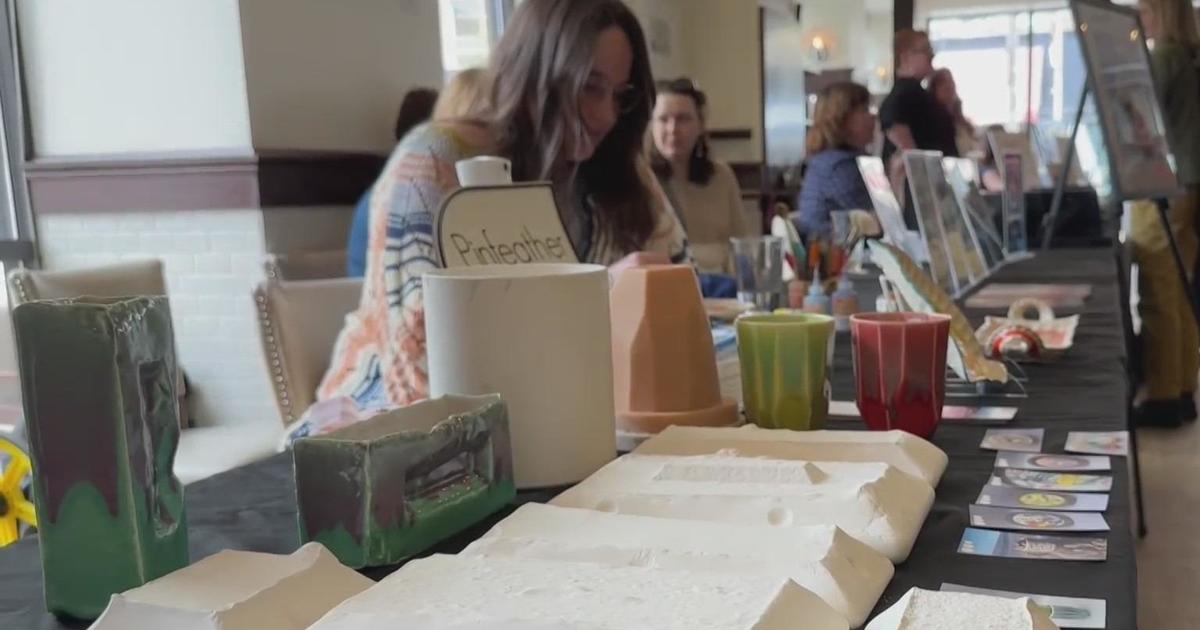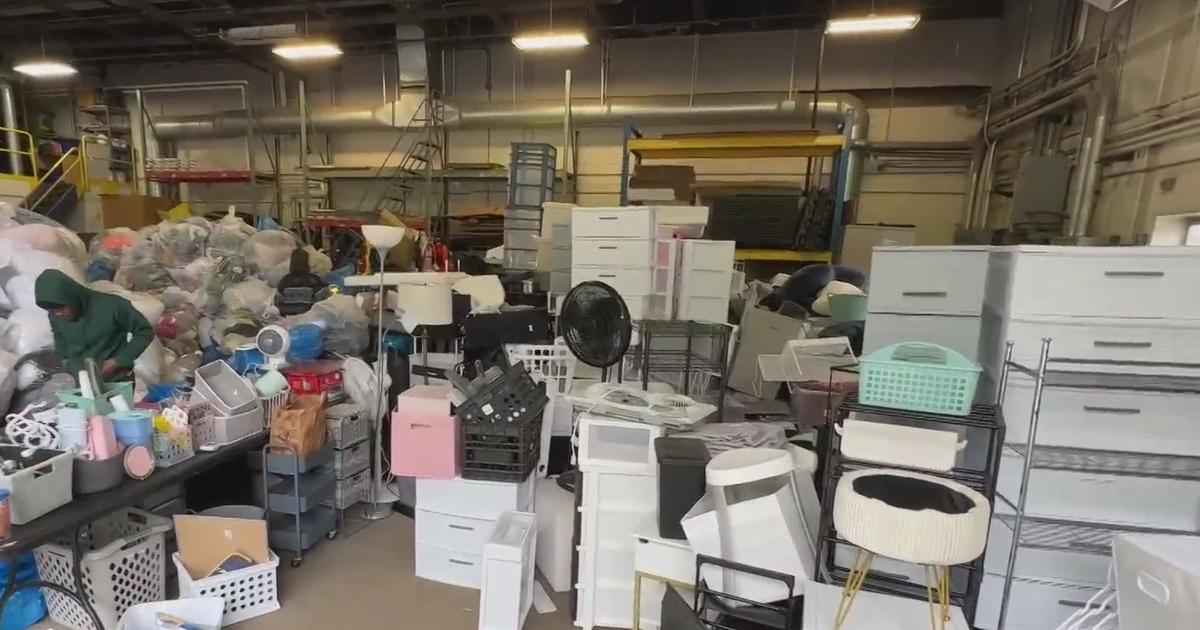Conference Envisons High-Tech Eyes For The Blind
 Nearly 100 of the world's most advanced eye surgeons are gathering at Henry Ford Community College this week for a biennial conference on artificial vision.
Nearly 100 of the world's most advanced eye surgeons are gathering at Henry Ford Community College this week for a biennial conference on artificial vision.
"The Eye And The Chip 2010 World Congress on Artificial Human Vision," a project of the Detroit Institute of Ophthalmology, offered the latest on electronic implants that may someday give new sight to the blind -- or at least give them useful visual information to make everyday life easier.
Researchers hailed from the United States and seven other nations.
Tuesday morning's program featured information on research efforts under way around the globe -- from Detroit's Wayne State University to the University of Melbourne and the University of New South Wales in Auistralia to the University Medical Center in Hamburg, Germany to Harvard Medical School in Boston.
Joseph Rizzo of Harvard Medical School said there are now five companies -- two in the U.S., three in Germany -- developing commercial artificial vision implants.
Device development programs are actively under way at the University of Melbourne, said professor Anthony Burkitt.
And Rizzo described the progress of the multi-backer Boston Retinal Implant Project, which is developing a device with more than 200 electrodes to stimulate the visual centers of the brain. The Boston project plans to move to animal trials by mid-2011.
Most of the devices involve electrodes planted at the back of the eye, connected by wires to the visual cortex, with glasses worn to improve vision and provide wireless power to the electronics.
Tuesday afternoon, researchers from the University Medical Center in Hamburg, Germany showed strong ability of experimental subjects -- blinded by retinitis pigmentosa -- to recognize complex printed patterns after implantation.
And Wayne State University researcher Greg Auner reported on sophisticated materials science experiments on the chemicals to be used in electrodes and other parts of the implants. The idea is to minimize deposition of foreign materials on internal tissues and the attack of implants by the human immune system.
The DIO has sponsored The Eye And The Chip every two years since 2000.
More about the Boston effort at www.bostonretinalimplant.org. More about the Wayne State efforts at www.ssim.eng.wayne.edu/implants/implants.asp.
(c) 2010, WWJ Newsradio 950. All rights reserved.



